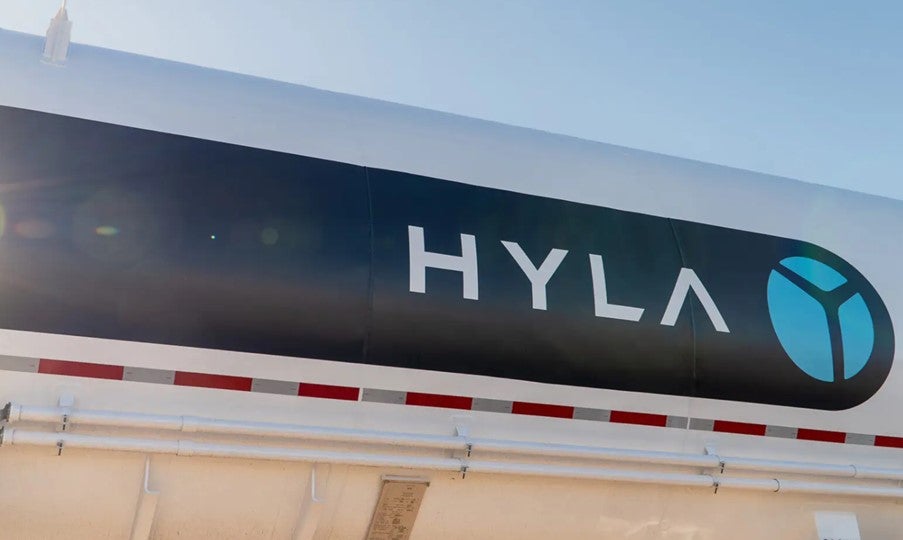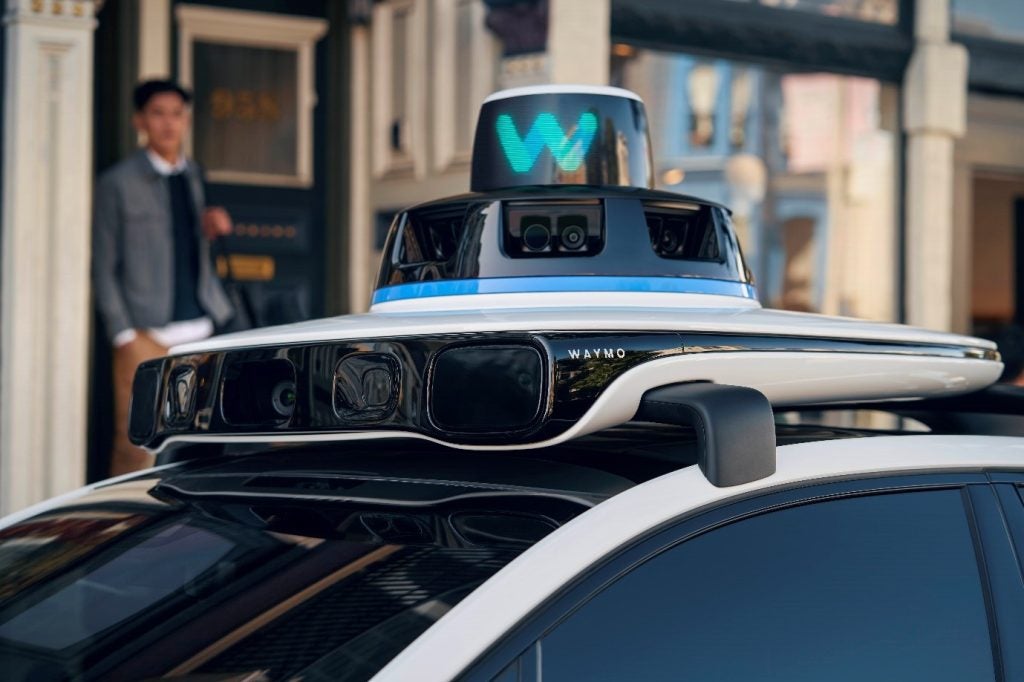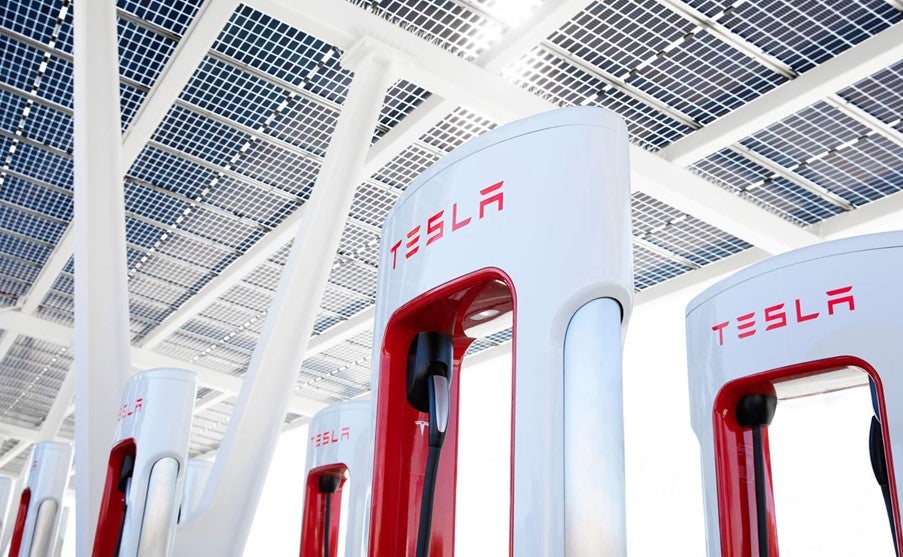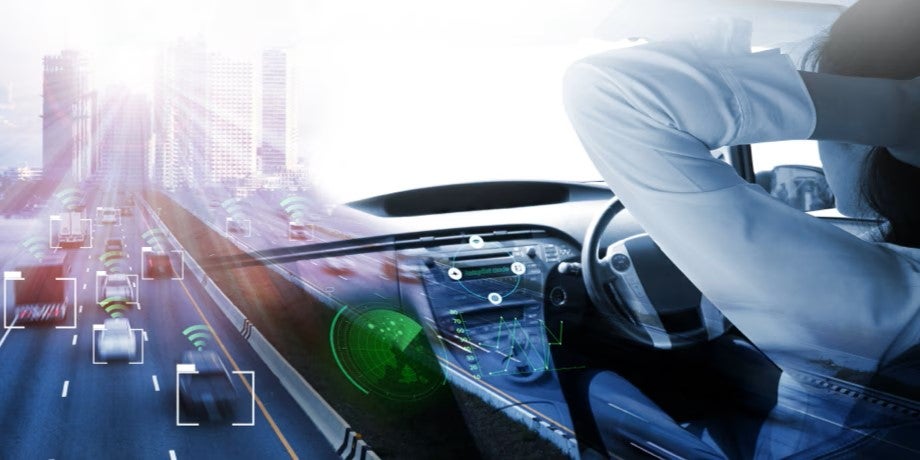The automotive industry continues to be a hotbed of patent innovation. Self-driving neural networks have become more accurate and reliable due to advances in computing power, data availability, artificial intelligence (AI) research, investment in self-driving car technology, government support, and public demand. These factors are driving rapid innovation in self-driving neural networks, making them more accurate, reliable, and affordable, making them a crucial part of our transportation system. Self-driving cars use various artificial neural networks, including convolutional neural networks (CNNs) for image recognition and classification, recurrent neural networks (RNNs) for processing sequential data, long short-term memory (LSTM) for learning long-term dependencies, deep reinforcement learning (DRL) for safe driving in various conditions, multi-sensor fusion for combining data from various sensors, and explainable AI (XAI) for understanding and correcting biases in AI systems. These technologies are crucial for autonomous driving, enabling safer navigation and interaction with other vehicles and pedestrians. In the last three years alone, there have been over 1.7 million patents filed and granted in the automotive industry, according to GlobalData’s report on Artificial intelligence in automotive: self-driving neural networks. Buy the report here.
However, not all innovations are equal and nor do they follow a constant upward trend. Instead, their evolution takes the form of an S-shaped curve that reflects their typical lifecycle from early emergence to accelerating adoption, before finally stabilizing and reaching maturity.
Identifying where a particular innovation is on this journey, especially those that are in the emerging and accelerating stages, is essential for understanding their current level of adoption and the likely future trajectory and impact they will have.
300+ innovations will shape the automotive industry
According to GlobalData’s Technology Foresights, which plots the S-curve for the automotive industry using innovation intensity models built on over one million patents, there are 300+ innovation areas that will shape the future of the industry.
Within the emerging innovation stage, autonomous on-demand logistics, end-to-end learning models, and adaptive driver alerting are disruptive technologies that are in the early stages of application and should be tracked closely. Vehicular vision, adaptive cruise control, and predictive acceleration control are some of the accelerating innovation areas, where adoption has been steadily increasing.
Innovation S-curve for artificial intelligence in the automotive industry
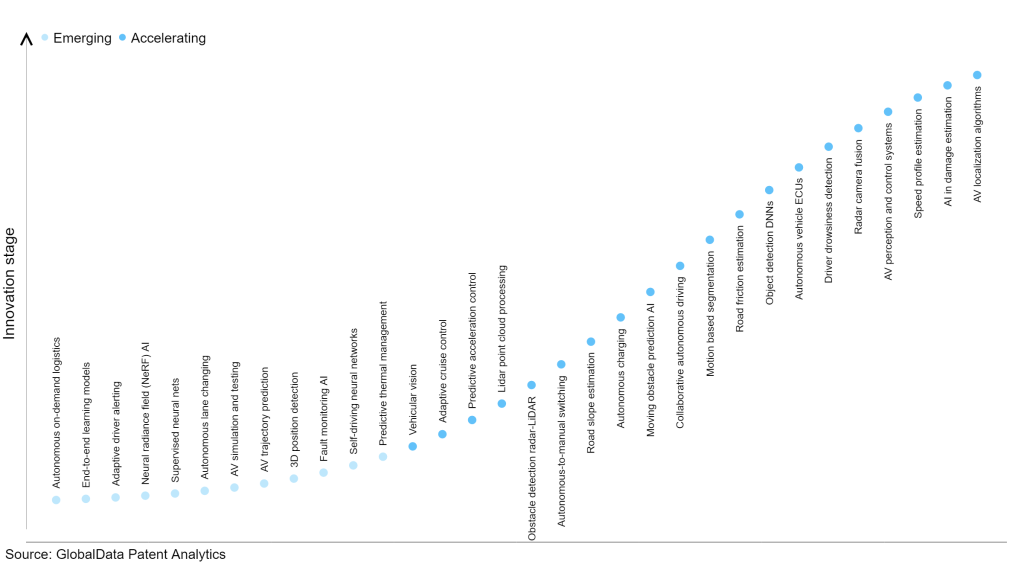
Self-driving neural networks is a key innovation area in artificial intelligence
Self-driving neural networks refer to the use of neural networks and deep learning algorithms to enable autonomous vehicles or robots to navigate and make decisions without human intervention. These neural networks are trained on large datasets of sensor information, such as camera and LiDAR data, and learn to recognize and interpret the environment, plan optimal routes, and control the vehicle or robot's movements.
GlobalData’s analysis also uncovers the companies at the forefront of each innovation area and assesses the potential reach and impact of their patenting activity across different applications and geographies. According to GlobalData, there are 20+ companies, spanning technology vendors, established automotive companies, and up-and-coming start-ups engaged in the development and application of self-driving neural networks.
Key players in self-driving neural networks – a disruptive innovation in the automotive industry
‘Application diversity’ measures the number of applications identified for each patent. It broadly splits companies into either ‘niche’ or ‘diversified’ innovators.
‘Geographic reach’ refers to the number of countries each patent is registered in. It reflects the breadth of geographic application intended, ranging from ‘global’ to ‘local’.
Patent volumes related to self-driving neural networks
Source: GlobalData Patent Analytics
Aptiv is one of the leading patent filers in self-driving neural networks. The company’s patents cover software, hardware, and safety systems and indicate significant progress in the field, reflecting the growing importance of self-driving car technology and its potential to revolutionize the transportation industry. FiveAI and Baidu are some other key patent filers in this space.
In terms of application diversity, LG leads the pack, while Aptiv and Ford Motor stood in the second and third positions, respectively. By means of geographic reach, FiveAI held the top position, followed by Apple and Aptiv.
To further understand the key themes and technologies disrupting the automotive industry, access GlobalData’s latest thematic research report on Artificial Intelligence (AI) in Automotive.
Premium Insights
From
The gold standard of business intelligence.
Blending expert knowledge with cutting-edge technology, GlobalData’s unrivalled proprietary data will enable you to decode what’s happening in your market. You can make better informed decisions and gain a future-proof advantage over your competitors.




